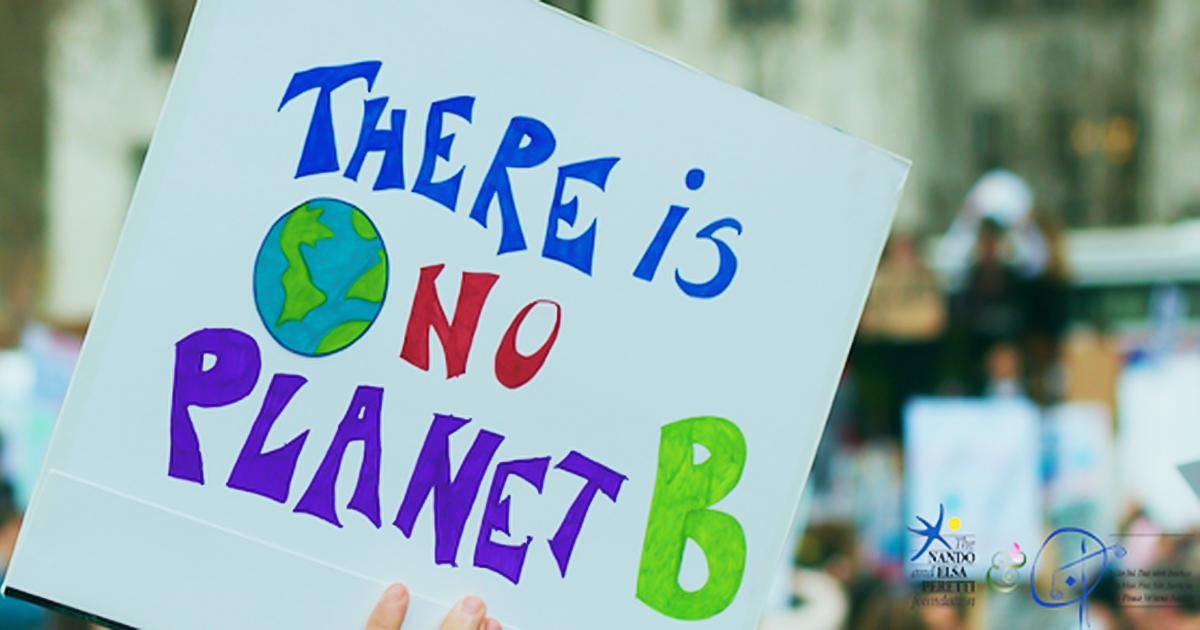What is ecocide? Although no official definition is internationally recognised, the crime of ecocide consists in all the acts that cause severe, widespread or long-term environmental damage.
Where does it occur? This crime has no geographical limitation. There are examples of widespread environmental destruction all over the world.
Who commits this crime? We all contribute to climate change in some way or another. However, both companies and States are mainly responsible for the destruction of the environment, because such actors prioritise income over environmental safety.
Why is ecocide important? Recognising ecocide under international criminal law would put the crimes committed against the environment as severe as crimes against humanity, war crimes and genocide. It would also entail a shift in the relationship between human beings – including their legal institutions – and nature.
On June 22, 2021, the Stop Ecocide Foundation’s Independent Expert Group published a new proposal concerning the definition of ecocide as the fifth international crime and to include in the Rome Statute alongside genocide, crimes against humanity, war crimes and crimes of aggression.
The proposed definition set two thresholds for an act to be considered ‘ecocide’:
- The act must procure severe and either widespread or long-term environmental harm;
- In addition, the act must be either unlawful (both nationally and internationally) or wanton.
Recognising the crime of ecocide as the fifth crime against peace would help the fight against environmental degradation in different ways:
- Inclusion of environmental harm within the Rome Statute and, thus, within international criminal law;
- Shift in individual’s consciousness concerning climate change;
- Corporations will have to change their business model, becoming more sustainable and environmentally friendly;
- Climate justice for the most affected communities.
The proposed legal definition is also the result of a public consultation organised by Stop Ecocide Foundation and in which No Peace Without Justice: (NPWJ) participated, seeking to bring together the perspectives of diverse stakeholders to consider for the definition of ecocide. NPWJ supports the mission of this foundation. International criminal law must recognise the importance of nature and protect ecosystems, regardless of whether or not humans are affected by their destruction.
Background
Through its campaign against deforestation in the Amazon, launched in 2019 with the support of the Nando and Elsa Peretti Foundation and local partners, NPWJ is at the forefront in the protection of the rights of indigenous peoples and against the impunity for ecocide and environmental damage in the region. One of the main objectives of the campaign is to raise awareness about the effects of climate crimes such as land grabbing, deforestation or water pollution as well as to promote accountability’s venues for holding those responsible for crimes against nature and its defenders accountable. This should be a priority on the agenda of all those who recognize the importance of this forest for the ecological balance of the planet and for the preservation of native peoples, flora and fauna, heritage of humanity.
For further information, please contact Juan Guzman, Amazonia Project Associate (juzman@npwj.org) or Nicola Giovannini, Press & Public Affairs Coordinator on ngiovannini@npwj.org.




